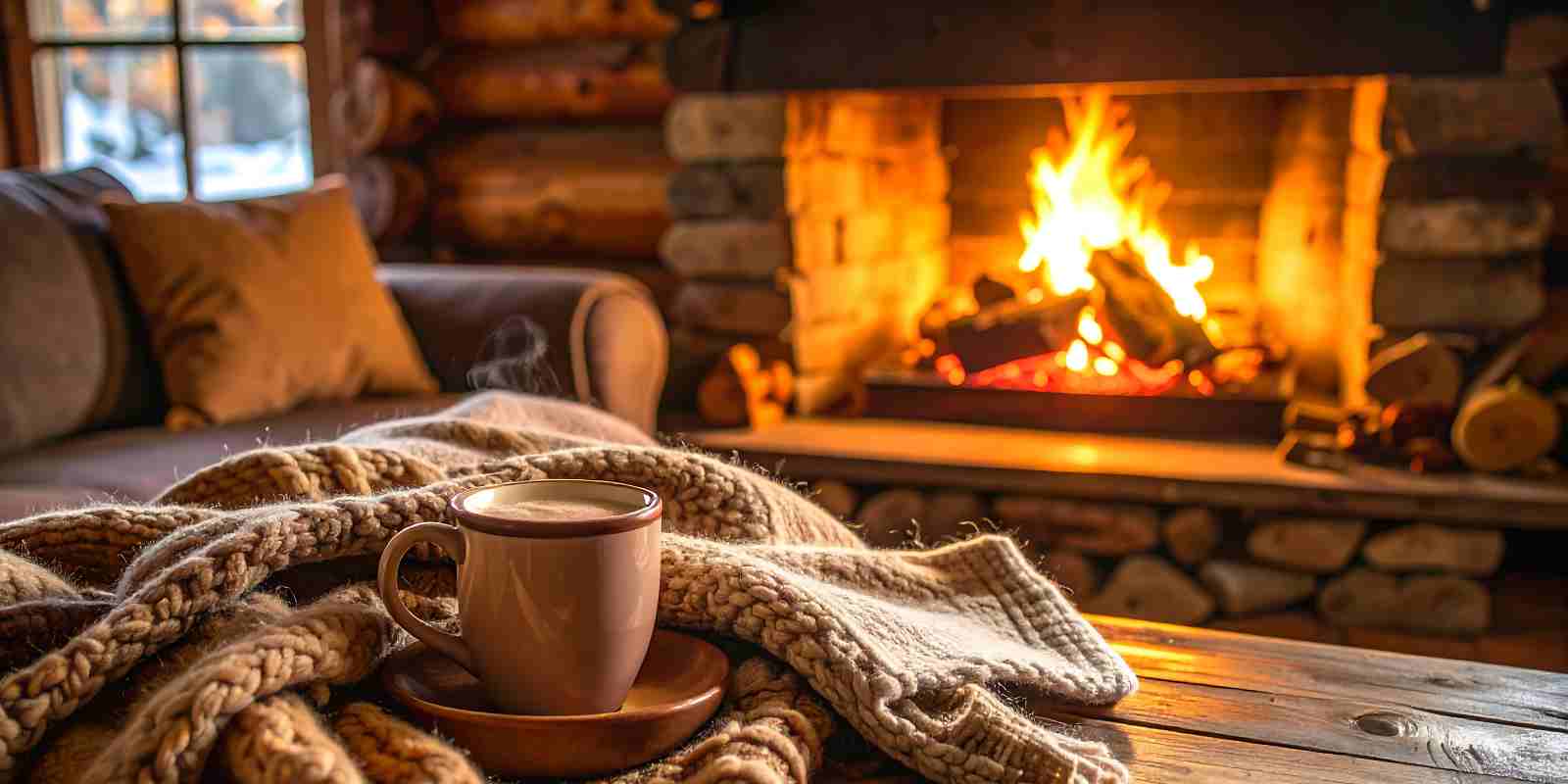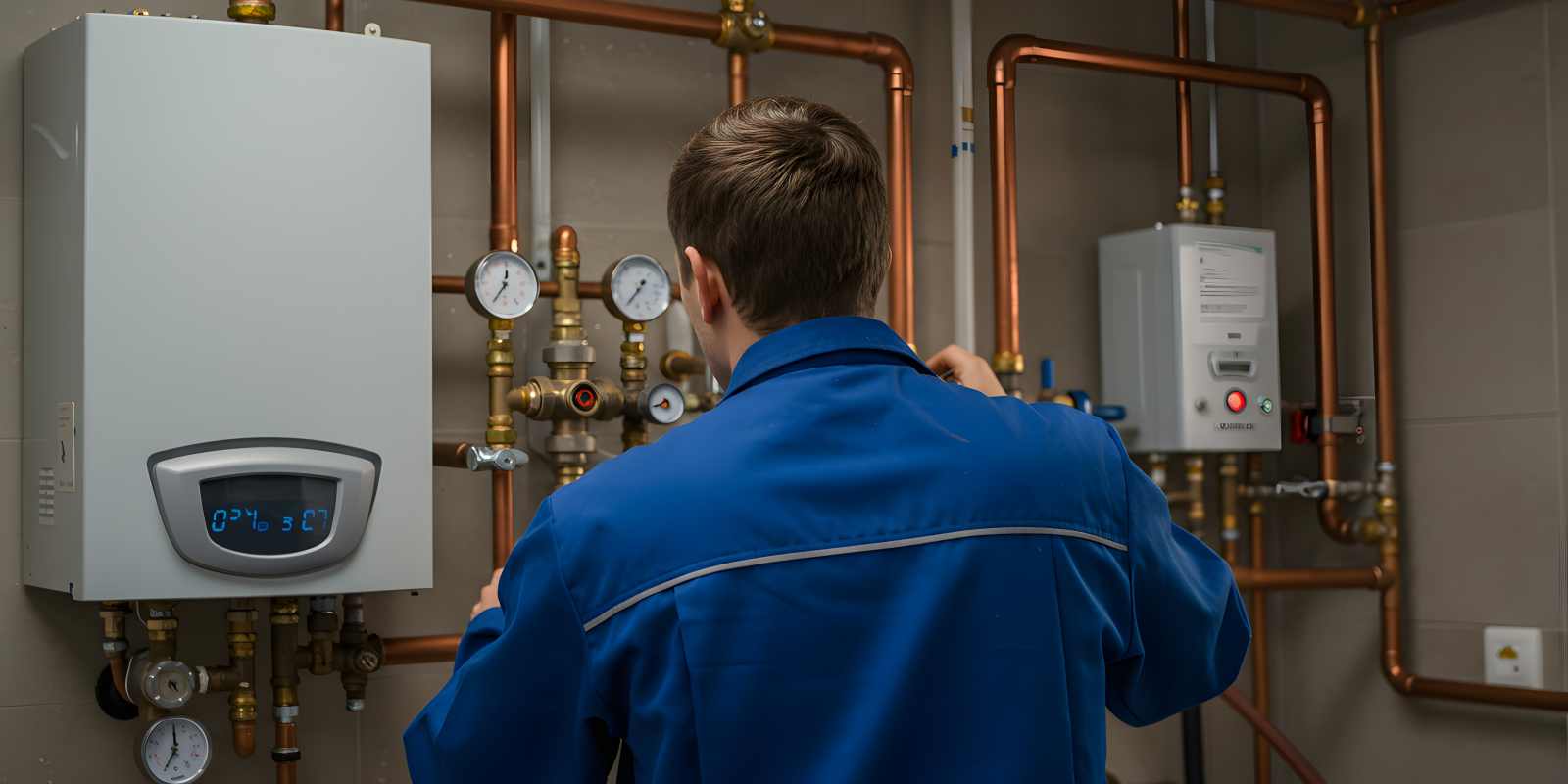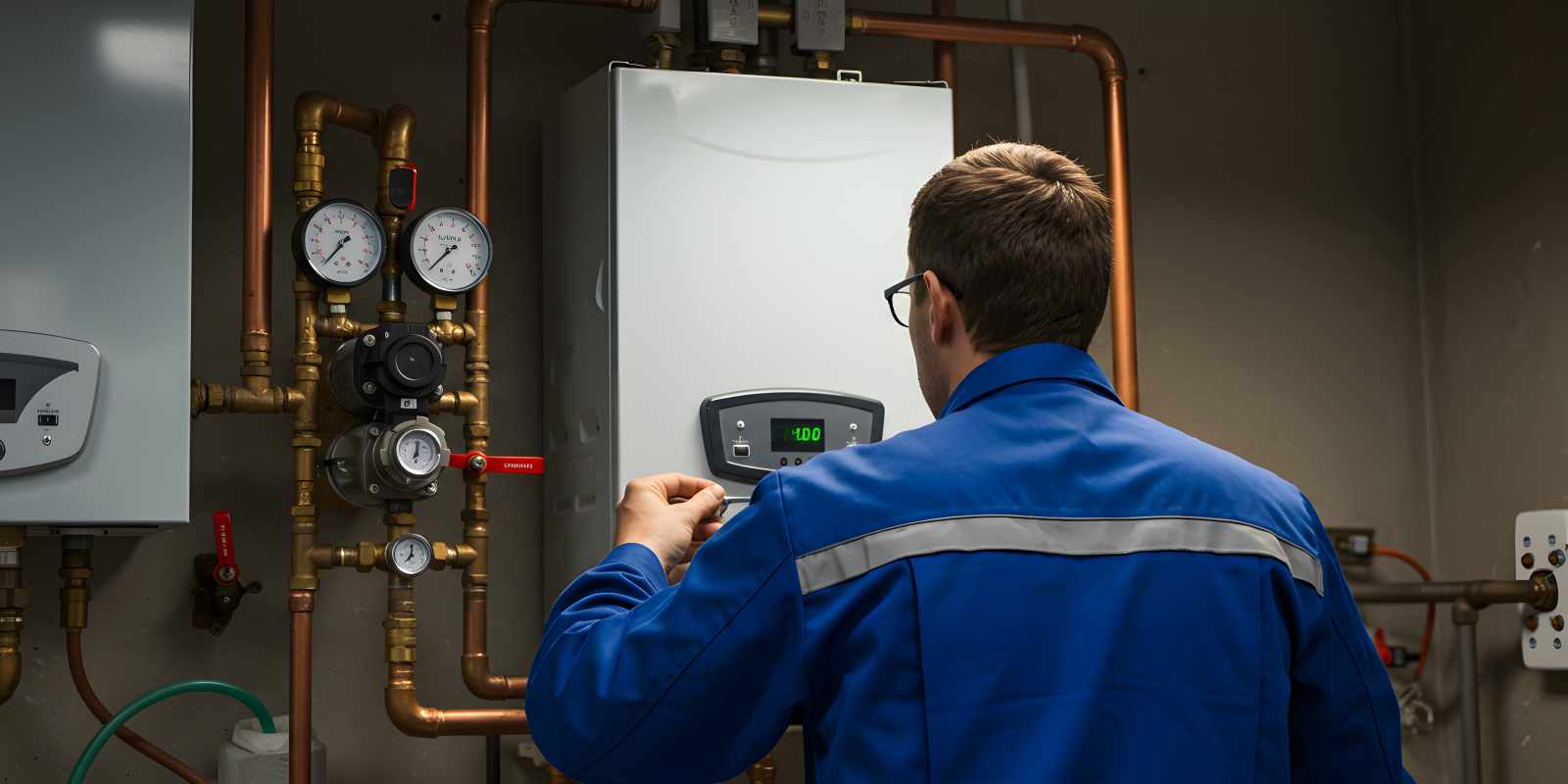In the cold months of winter, your home’s water pipes may be susceptible to freezing temperatures whether they’re located inside or outside. A burst pipe can trigger costly repairs and cause collateral damage to your house. It’s important to take steps to keep your pipes from freezing when cold snaps hit.
Before It Gets Cold.
The best weapon you have against a burst pipe is preparation. Assess your home’s plumbing with an eye towards vulnerabilities in the system. Pipes near holes in your exterior walls, for instance, where electrical or cable lines enter the home, may be more susceptible to exposure. Likewise, dryer vents or other openings under a raised slab foundation may permit this subfreezing air to reach your pipes. You may be able to seal some of these “air leaks” yourself.
You can insulate particularly vulnerable pipes with a variety of insulation products. You might re-route your plumbing to avoid exposed areas. Contact an A. Borrelli HVAC technician to help you determine your best options.
When It’s Cold.
Pipes are most vulnerable when they are exposed to moving, subfreezing air. Cover your exterior faucets to protect them from the wind. Set the water to run through the pipes at a trickle. While this may not completely prevent freezing, it may help keep pressure low inside the pipe. If a particular faucet has a hot and a cold tap, be sure to open both.
Even pipes inside your home might be in danger of freezing, especially if they are located close to exterior walls. Keep your kitchen and bathroom cabinets open to allow your home’s heated air to reach them. If that’s not enough, wrap these pipes in heat tape/cables to keep them warm.
You can save money on your energy bill by lowering the heat at night, but if your pipes are vulnerable, don’t set the thermostat any cooler than 55 degrees.
When You’re Away.
If you travel during the winter season, prepare for the cold weather. Maintain a constant temperature in your home (no lower than 55 degrees!) while you’re away. Drain the water system before you leave by shutting off your main valve and running all your faucets until the water stops. Be advised if you have a fire protection system installed it may be deactivated when you shut off the water. You might also arrange to have a trusted friend or neighbor look in on your home while you’re away.
If the Worst Happens.
If your pipes do freeze, you can still prevent them from bursting. Run the taps at a trickle, and leave the faucets open even if the water stops flowing. Shut off the main valve and call a licensed HVAC technician from A. Borrelli to help you determine the next steps. In a pinch, you may be able to heat a frozen faucet with a hair dryer, but DO NOT use electrical appliances in areas of standing water. You will put yourself at risk of serious injury or death.
With licensed, trained, and insured technicians in Westchester, Putnam, and Dutchess counties, as well as the New York City Metro Area, homeowners in the southeastern part of New York State can count on A. Borrelli HVAC to handle their heating, cooling, and plumbing needs expediently. At A. Borrelli in New York, we do HVAC and plumbing right, so call us at (914) 495-3030 today!
{{cta(‘036a94f1-6ca2-4518-8f88-cb1cb1ffdfb6′,’justifycenter’)}}



